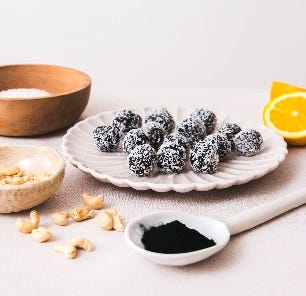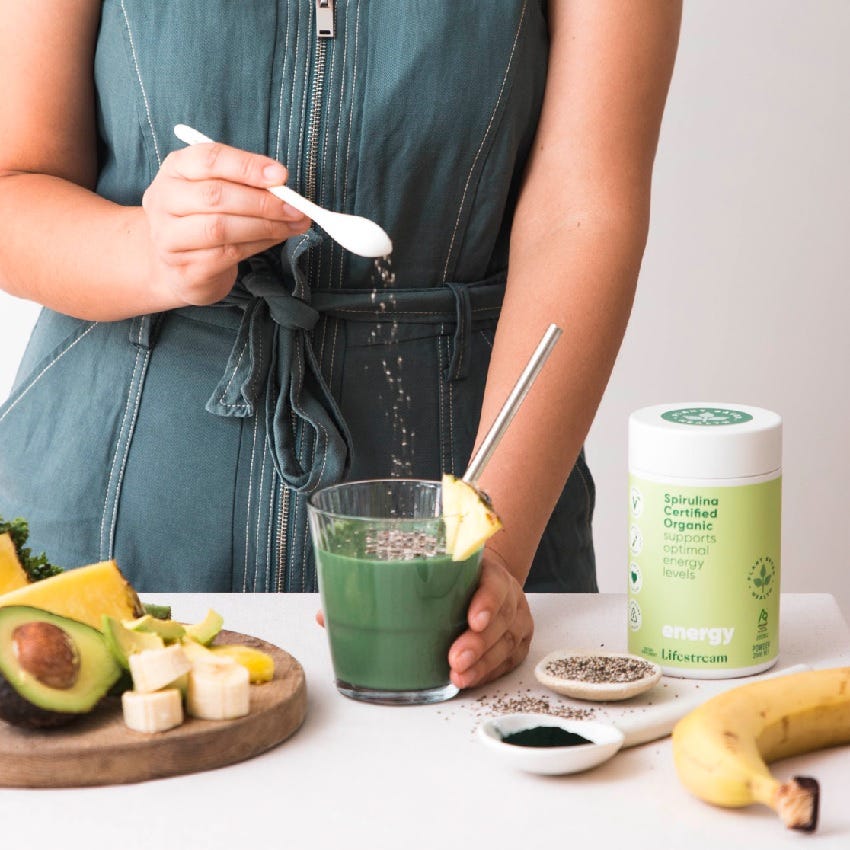


You may think you know iron, but it might be one of the more misunderstood minerals!
You have probably experienced tiredness during the day, but when it becomes a regular occurrence, you need to address the cause. There are many reasons why you might feel sluggish, but one of the most common is iron deficiency.
How do you become low in iron?
This can either be due to insufficient dietary intake of iron-rich animal foods or the inability to recycle the iron in your body. There are also other micronutrients that also support healthy iron function in your body.
The World Health Organisation considers iron to be the most deficient micronutrient in global diets, with nearly a third of the population being affected! Women are especially susceptible, with monthly menstruation regularly decreasing their iron stores.
The elderly can also experience low iron intake and bioavailability. Other causes of low iron are gastrointestinal bleeding, kidney and bowel conditions, infections (especially malaria and parasites), childbirth or miscarriage, and poor diet.
Iron is essential for supporting energy production, brain and nerve function, and enzyme activity, but it is most famously known for its role in haemoglobin.
What happens when you’re low?
Low or underutilised iron leads to low levels of haemoglobin in your red blood cells. Haemoglobin carries oxygen through your blood and if you have too few or abnormal red blood cells, or too little haemoglobin, there will be decreased oxygen getting to your body’s tissues.
If this occurs, you may start to feel tired, cold hands and feet, weak, dizzy, lightheaded, restless legs, or short of breath. It can eventually lead to pale mucous membranes and skin, easy bruising, rapid heart and breathing rate, histamine intolerance, and oxidative stress.
How can you get more iron?
Vitamin C supports the absorption of iron in your gut, but healthy iron function in the body also requires copper and retinol (vitamin A). Retinol is required to attach copper to ceruloplasmin, which binds iron to transferrin. Iron can then be recycled into new red blood cells in the bone marrow. This helps to prevent iron oxidative stress and iron toxicity.
The most bioavailable sources of iron, copper, and retinol are offal and shellfish. The best source is liver, which also happens to be rich in most other vitamins and minerals! Fresh liver and other organ meats also contain vitamin C complex, which is also required to make ceruloplasmin and absorb iron. There is limited conversion of beta-carotene from plant foods to retinol in the body, and many people cannot make the conversion at all. Therefore, carrots and beetroot are not considered good sources of vitamin A.
Organ meats and seafoods are traditional foods rich in iron. There is wisdom in eating these foods that have all the bioavailable micro and macronutrients in optimum ratios and in synergistic balance with each other. If you are at all concerned about your iron intake, you can always look to supplementation for a simple and guaranteed intake.
Introducing, Good Health Ferrofix Lipo Iron
Good Health Ferrofix Lipo Iron is a scientifically researched supplement containing a high strength, 24 milligrams of liposomal iron, a fast-absorbing form of iron. The microencapsulated iron, along with vitamin C, enhances bioavailability and absorption.
Ferrofix Lipo Iron supports iron levels during pregnancy and when dietary intake is inadequate. Liposomal delivery is gentle on the gastrointestinal tract, reducing the risk of an upset stomach. Ferrofix Lipo Iron is an on-the-go solution that can be taken with or without water, with a great tasting lemon sherbert flavour, and it comes in a box of 20 powder sachet sticks. It’s suitable for vegetarians and vegans.
Always read the label and use as directed. Vitamin and mineral supplements should not replace a balanced diet. If symptoms persist see your healthcare professional. Good Health, Auckland.
Iron out the energy creases
You have probably experienced tiredness during the day, but when it becomes a regular occurrence, you need to address the cause. There are many reasons why you might feel sluggish, but one of the most common is iron deficiency.






